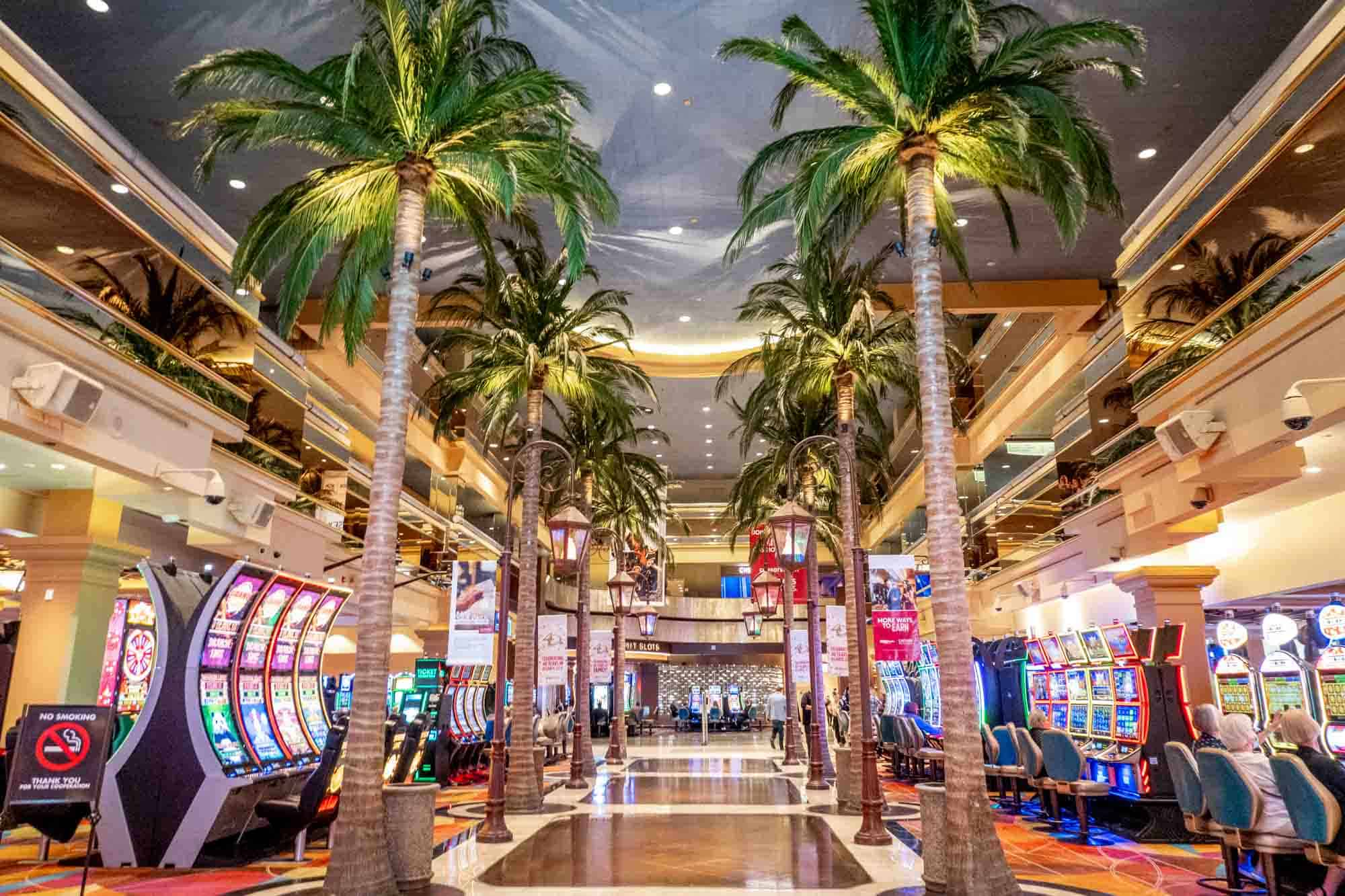
Casino entertainment have long been a engaging source of amusement, drawing numerous of players from different cultures around the globe. From the opulent casinos of Vegas to the busy gambling halls of the Cotai Strip, these games serve as a common thread that brings together people across various backgrounds. The allure of luck, tactics, and risk entices not only those seeking to strike it rich but also those seeking a shared experience.
The cultural impact of casino games extends well beyond the gaming floor. They often reflect the social norms and traditions of the societies in which they flourish. Games such as Texas hold ’em, 21, and the spinning wheel have integrated into the tapestry of cultural phenomena, influencing multiple fields from films to clothing. As we explore this captivating intersection of luck and life, we can comprehend better how these games shape and are affected by the environment surrounding us.
Historical Development of Gaming Activities
The roots of casino activities can be tracked back to historical cultures, where betting in various forms was widely practiced. In the East, around 2300 B.C., a type of gambling known as Keno was common, while in ancient the Roman Empire, soldiers would often bet on the results of their matches. The concept of using chance for entertainment and profit developed over the years, leading to the establishment of more organized games. By the late Middle Ages, betting houses began to emerge in Europe, especially in Italy, which presented early incarnations of famous games still played today.
As betting gained popularity in the continent, the 17th and 18th centuries saw the rise of gaming houses as exclusive venues for betting. The earliest official gaming venue, the Ridotto, was founded in the Venetian city in 1638, featuring activities like Baccarat games and Faro games. This era marked a major pivoting point, as casinos began to draw not just the wealthy but also the burgeoning middle class. The complexity of games increased, leading to the introduction of new guidelines and variations that enhanced the play experience.
In the 19th century, the industrial revolution and changes in societal standards also altered the environment of gaming activities. The introduction of roulette and contemporary gaming machines pulled in a larger crowd, and gaming houses became seen as acceptable recreation. This period witnessed the globalization of casino activities, as gambling houses expanded from Europe to the New World, culminating in the development of the legendary Las Vegas Boulevard in the twentieth century. bakar69 The progress of gaming activities has progressed into the present day, incorporating new technologies and online sites, rendering them available to a universal population.
## Cultural Significance across Various Societies
Gambling games have deep-rooted social value within numerous societies throughout the world. For instance, in Las Vegas, the very essence of the urban landscape is woven around casinos, where gambling is not just a pastime but a fundamental aspect of entertainment and community life. The bright lights and dynamic atmosphere attract countless individuals, showcasing how gambling activities can influence local economies and cultural uniqueness. This environment transforms the notion of recreation into an enriching encounter that influences fashion, melodies, and even movies.
In contrast, some cultures treat wagering with more caution, viewing it through the lens of morality and heritage. For example, in numerous Oriental cultures, games like Mahjongg and Pai Gow are steeped in history and have significant social implications. These games are often played during get-togethers and occasions, fostering community bonds and strengthening family ties. The act of engaging in these games goes past mere leisure, reflecting ethics such as respect for elders and the importance of shared enjoyment.
Meanwhile, in continental countries such as Monaco and Italy, games of chance serve as symbols of luxury and refinement. The elegant atmosphere of these locations attracts both visitors and residents, maintaining a sense of status and elitism. The art of poker and the strategic elements of games like baccarat are esteemed, shaping community relationships and establishing an attraction that fascinates a diverse audience. This highlights how casino games can concurrently mirror and shape cultural perspectives towards hazard, reward, and relationship building.
Economic Impact and Tourism
Gambling activities play a crucial role in the financial context of many areas, particularly those that depend significantly on visitor traffic. The revenue produced from casino operations fuels local economies, creating jobs not only within the casinos themselves but also in connected industries such as hospitality, dining, and recreation. This surge of tourists, drawn by the allure of games and the overall gaming environment, stimulates expenditure across multiple businesses, contributing to the economic health of the area.
The presence of casinos often leads to the development of infrastructure, including hotels, public transit, and recreational facilities. These improvements are essential in enhancing the overall tourist experience, making locations more attractive to visitors. Additionally, many casinos invest in local communities through sponsorship of activities and charitable initiatives, further integrating themselves into the community structure of the region. Such investment not only supports economic growth but also fosters a positive reputation of the casino industry.
In addition, the worldwide appeal of casino games drives tourism competition, with locations vying to attract gamblers from around the world. Iconic destinations like Las Vegas and Macau have become identifiable with casino culture, drawing millions each year. This competitive edge encourages creativity and diversification within the gambling sector, influencing developments in entertainment and hospitality that extend beyond their limits. The ripple effects of this visitor influx extend far, impacting local economies and cultural exchanges on a worldwide scale.